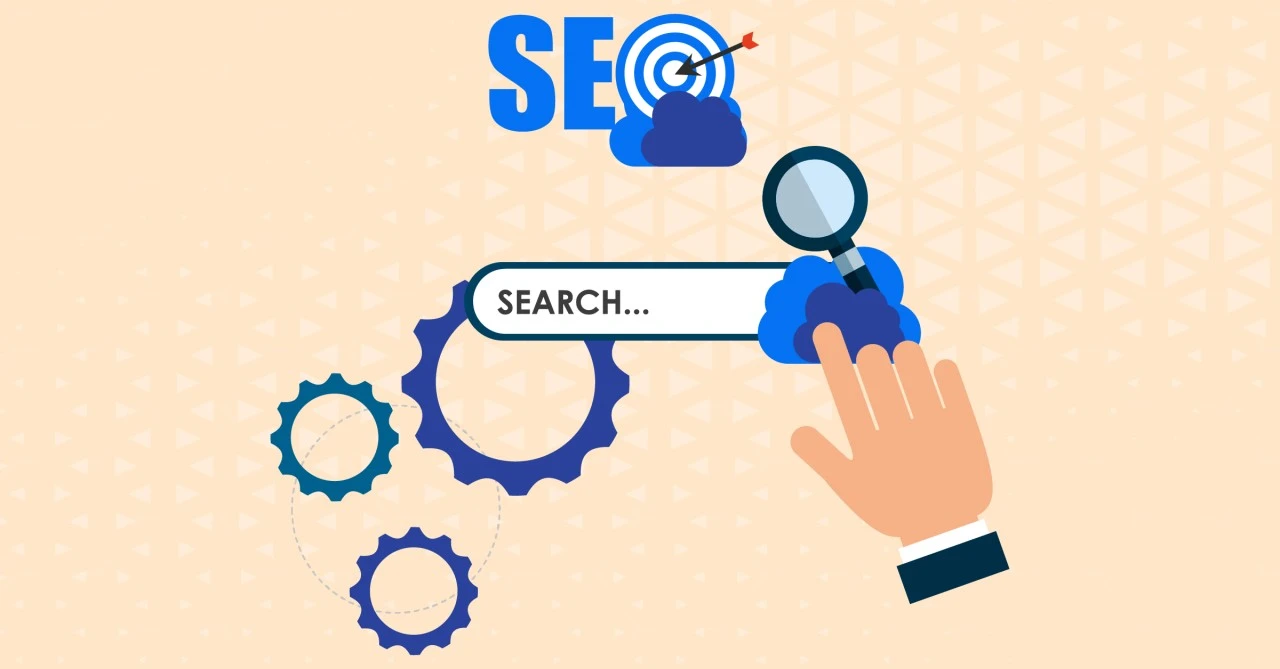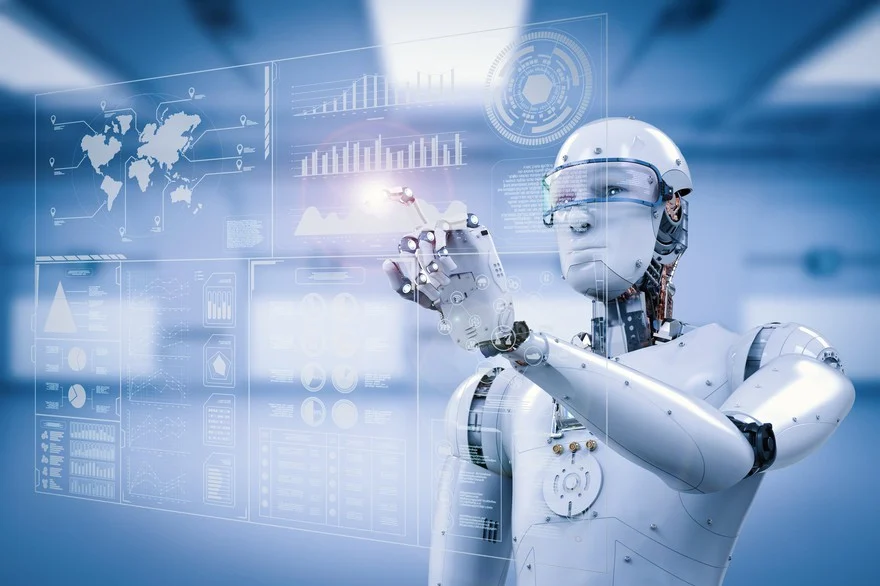Want to stay current on emerging tech? Check out our free guide today: http://bit.ly/2GJesc2
What is AI? What is machine learning and how does it work? Youve probably heard the buzz. The age of artificial intelligence has arrived. But that doesnt mean it's easy to wrap your mind around. For the full story on the rise of artificial intelligence, check out The Robot Revolution: http://hubs.ly/H0630650
Lets break down the basics of artificial intelligence, bots, and machine learning. Besides, there's nothing that will impact marketing more in the next five to ten years than artificial intelligence. Learn what the coming revolution means for your day-to-day work, your business, and ultimately, your customers.
Every day, a large portion of the population is at the mercy of a rising technology, yet few actually understand what it is.
Artificial intelligence. You know, HAL 9000 and Marvin the Paranoid Android?
Thanks to books and movies, each generation has formed its own fantasy of a world ruled -- or at least served -- by robots. Weve been conditioned to expect flying cars that steer clear of traffic and robotic maids whipping up our weekday dinner.
But if the age of AI is here, why dont our lives look more like the Jetsons?
Well, for starters, thats a cartoon. And really, if youve ever browsed Netflix movie suggestions or told Alexa to order a pizza, youre probably interacting with artificial intelligence more than you realize.
And thats kind of the point. AI is designed so you dont realize theres a computer calling the shots. But that also makes understanding what AI is -- and what its not -- a little complicated.
In basic terms, AI is a broad area of computer science that makes machines seem like they have human intelligence.
So its not only programming a computer to drive a car by obeying traffic signals, but its when that program also learns to exhibit signs of human-like road rage.
As intimidating as it may seem, this technology isnt new. Actually, for the past half-a-century, its been an idea ahead of its time.
The term artificial intelligence was first coined back in 1956 by Dartmouth professor John McCarthy. He called together a group of computer scientists and mathematicians to see if machines could learn like a young child does, using trial and error to develop formal reasoning. The project proposal says theyll figure out how to make machines use language, form abstractions and concepts, solve kinds of problems now reserved for humans, and improve themselves.
That was more than 60 years ago.
Since then, AI has remained for the most part in university classrooms and super secret labs But thats changing.
Like all exponential curves, its hard to tell when a line thats slowly ticking upwards is going to skyrocket.
But during the past few years, a couple of factors have led to AI becoming the next big thing: First, huge amounts of data are being created every minute. In fact, 90% of the worlds data has been generated in the past two years. And now thanks to advances in processing speeds, computers can actually make sense of all this information more quickly. Because of this, tech giants and venture capitalists have bought into AI and are infusing the market with cash and new applications.
Very soon, AI will become a little less artificial, and a lot more intelligent.
Now the question is: Should you brace yourself for yet another Terminator movie, live on your city streets?
Not exactly. In fact, stop thinking of robots. When it comes to AI, a robot is nothing more than the shell concealing whats actually used to power the technology.
That means AI can manifest itself in many different ways. Lets break down the options
First, you have your bots. Theyre text-based and incredibly powerful, but they have limitations.
Ask a weather bot for the forecast, and it will tell you its partly cloudy with a high of 57. But ask that same bot what time it is in Tokyo, and itll get a little confused. Thats because the bots creator only programmed it to give you the weather by pulling from a specific data source.
Natural language processing makes these bots a bit more sophisticated. When you ask Siri or Cortana where the closest gas station is, its really just translating your voice into text, feeding it to a search engine, and reading the answer back in human syntax. So in other words, you dont have to speak in code.
Machine intelligence, artificial intelligence, machine learning, artificial intelligence tutorial, machine learning tutorial, evolution of machine learning, advantages of artificial intelligence, applications of artificial intelligence, ai meaning, machine learning applications, artificial intelligence examples,

Related Posts
Word At The Bottom Of Some Marketing Emails
February 27, 2025
SEO Agency In Australia By Gonzay: Understanding The SEO Cost
February 14, 2025






